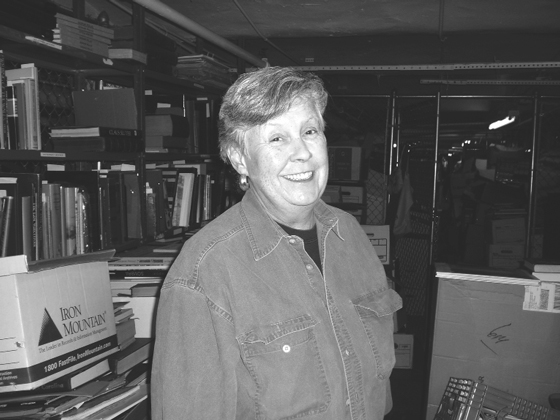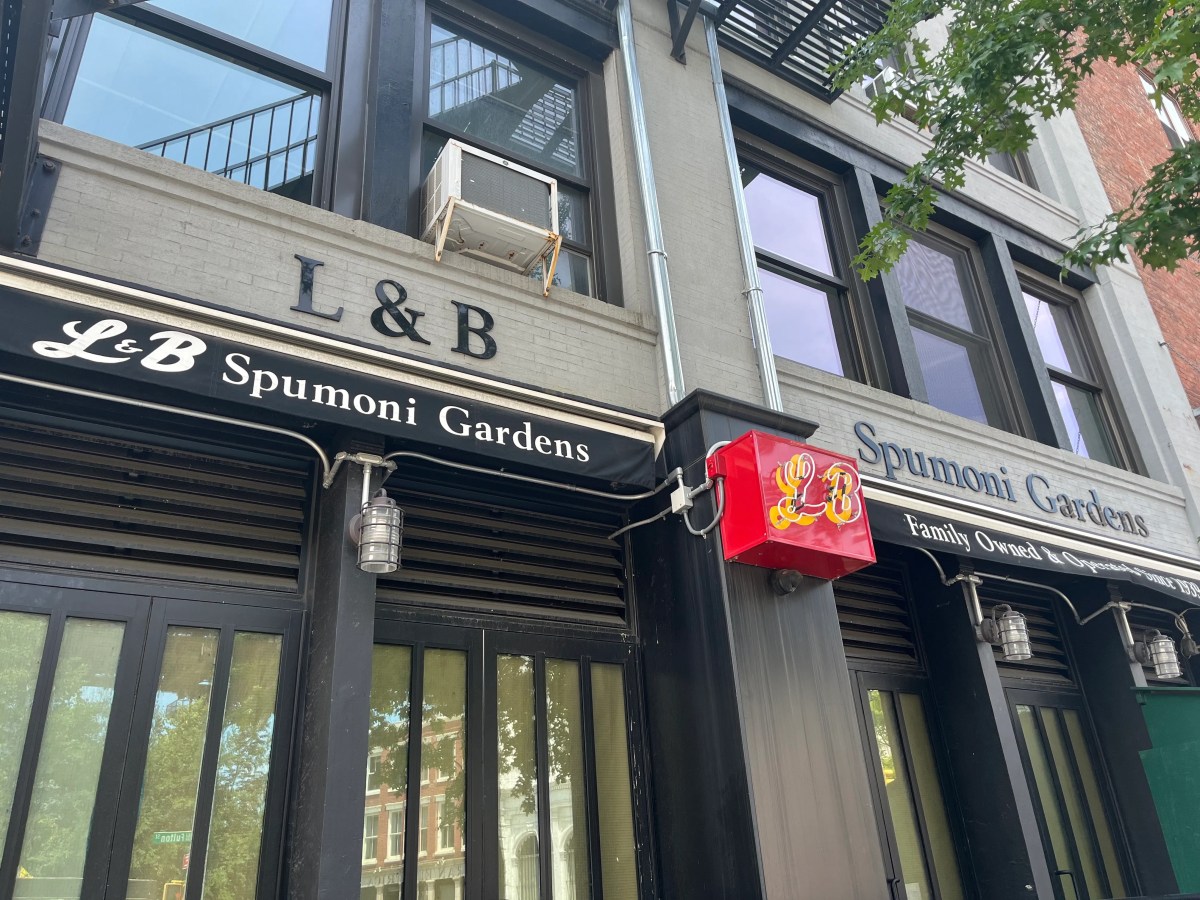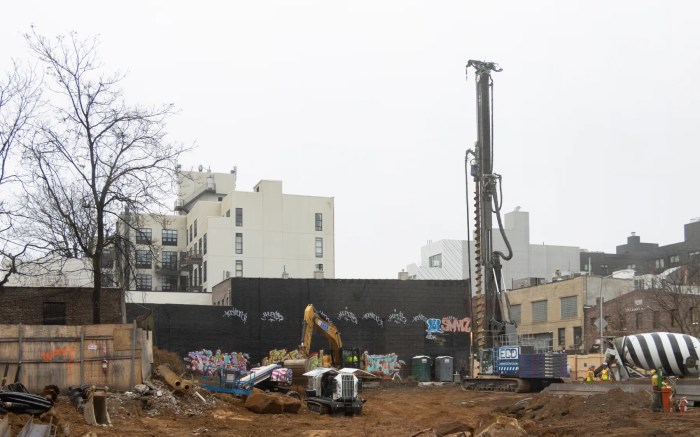By Rachel Fershleiser
Nancy Cooper likens opening a box of donated books to Christmas morning; she loves to discover surprises. A life long Villager — and Villager reader — Cooper is an expert in evaluating rare and collectible books. She currently employs her skills at Housing Works Bookstore Café, the non-profit shop whose proceeds help to provide housing, healthcare, job training, and advocacy for New Yorkers living with HIV/AIDS (full disclosure: I’m also on staff there). An area under the front counter, labeled “Nancy Books,” is reserved for anything that looks old or unusual enough to require a special look. She instinctively separates the wheat from the chaff, the priceless first edition from the worthless third. On August 23rd, she’ll tell us how she does it in a free lecture and Q&A about book collecting and how to identify the gems on your own shelves. But first, she agreed to answer a few questions about herself.
Where were you born?
I was born in New York City, and I’ve lived in the same zip code for 57 of my 61 years. It was postal zone 11, and now it’s 10011.
What was it like to grow up in the Village?
I suppose it was pretty great. We walked everywhere, and roller-skated from one end of the Village to the other. All of my life was South of 14th Street. I went to Bank Street nursery school when it was really on Bank Street, and then later I went to Bank Street for grad school.
Were you always an avid reader?
Yes, always. I went to the library alone at five, because you didn’t have to cross any streets to get there. I read everything I could get my hands on. It’s so corny, but the Little House books were probably my favorites.
Have you done anything besides antiquarian bookselling?
I was briefly a public school teacher and a pre-school music teacher before. But the best thing you learn in education is how to learn. I’ve always liked to do research; I always have dictionaries and world almanacs around. It doesn’t even need to be a recent world almanac to be useful. If you want to know who the 17th president was, you don’t need to most up to date edition.
When did you get into rare books?
It started because of Hudson Guild Settlement House. They had a book fair — all donated books — that started small and became so big they eventually had to stop. I volunteered to help, and they sent me to help sort the boxes of books with another volunteer who knew all about first editions and everything. As time went on, I ended up in charge of the fair, and I realized I didn’t know anything. This was before the Internet, so I read books about book collecting and subscribed to Antiquarian Bookman. Then I began going to book fairs, looking at what’s for sale, what it costs, and talking to people. Everyone was very generous about sharing information.
Besides Housing Works, what are your favorite bookstores?
I love the Strand, even Barnes & Noble. I like any bookstore, they’re the best place to duck into. I love Argosy on 59th Street. They sell old books and also prints. It’s a whole building, and some of it’s very affordable.
Do you have your own book collection?
I have a lot of books. I have some rare books and first editions, and my husband has some too. But we really don’t buy books to collect, we buy books to read. I especially love old children’s books from when I was a kid. They’re hard to find in good condition because children don’t take good care of their books. I love Little Golden Books, and as a teacher I’d buy the ones I could find and reinforce the bindings with tape, write my name in the front. Now I know some of those are worth $100.
What’s one of the most exciting finds you’ve made at Housing Works?
Once another employee was throwing out a black trash bag with garbage on top. Something hit his leg, so he checked what was under the trash– it was three copies of Suttree by Cormac Mccarthy. We sold them for $500, $600, and $700 dollars.
What’s the most important advice for aspiring collectors?
Collect what you like; don’t collect what you think will be valuable. Buy the nicest copy of a beloved book you can afford right now and trade up later. Haunt the lower end – stoop sales and school bazaars—because that’s where you’re going to find a gem. In fact, you can find gems at Housing Works too. So many books are priced by volunteers, you can end up with real bargains.
And remember that if real estate is “location, location, location” book values are “condition, condition, condition.”
Learn more about finding, collecting, and evaluating rare books on August 23rd at 7pm at Housing Works Bookstore Café,126 Crosby Street (one block east of Broadway btwn Houston and Prince).







































